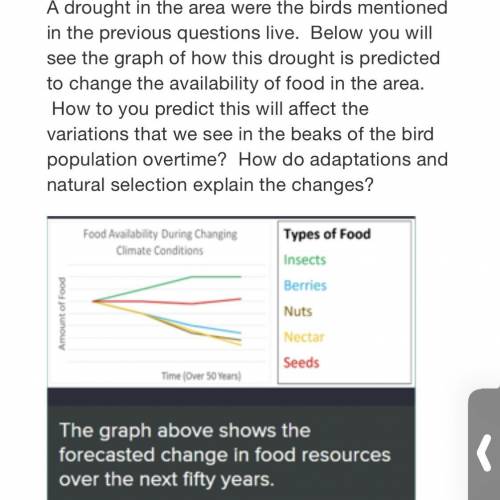Can someone explain i’m a bit confused??
...

Answers: 1
Other questions on the subject: Biology

Biology, 21.06.2019 17:00, tyliyahmiles99
Mike was adopted, and his biological family history is unknown. although he is healthy, he would like some understanding of his genetic makeup, including potential health risks and genes that he could pass on to his children. mike has heard about commercial laboratories that can compare segments of your dna to those of people with common hereditary diseases in order to give you some idea of how susceptible you are to the diseases. the results of these types of tests are highly inconclusive. if mike's dna showed that he shares similarities in a segment of dna with people who have a given disease, his chances of developing that disease or passing it on to his children may be slightly elevated, but they are not 100 percent. these tests can cost more than $2,500 and are not covered by many insurance companies. do you think that mike should undergo the genetic tests? explain your answer. what are the potential pros and cons of having such tests done? describe how the availability of these genetic tests might affect the frequency of genetic diseases in individuals and populations.
Answers: 1

Biology, 22.06.2019 04:00, animaljamissofab
Asolution of an enzyme and a substrate was placed in a water bath and the temperature of the reaction was raised gradually. the graph shown was plotted at the end of the experiment. what can be concluded from the graph? a) temperature has no effect on the activity of the enzyme. b) the effect of temperature on the enzyme is unpredictable. c) the enzyme shows increased activity up to a certain temperature. d) the activity of the enzyme is inversely proportional to the temperature.
Answers: 2

Biology, 22.06.2019 08:00, rosepotato789
Two students are working together on an experiment that measures the effect of different liquid fertilizers on the thickness of plants’ stems. which is most likely to result in the greatest amount of error in their scientific experiment? a. one student measures the plant stem widths by using calipers. the other student measures the widths of the same plant stems again by using a different pair of calipers. b. one student measures the plant stem widths by using calipers. the other student types the measurements as they are taken into a computer spreadsheet. c. one student weighs liquids for the experiment by using a calibrated scale. the other student weighs liquids for the experiment by using a different calibrated scale.
Answers: 1
Do you know the correct answer?
Questions in other subjects:




Biology, 02.08.2019 03:30

History, 02.08.2019 03:30




Mathematics, 02.08.2019 03:30







